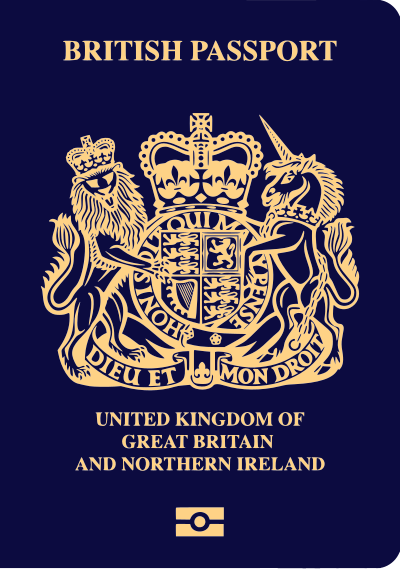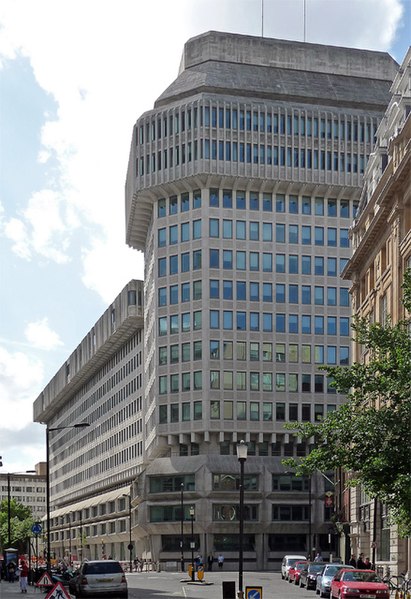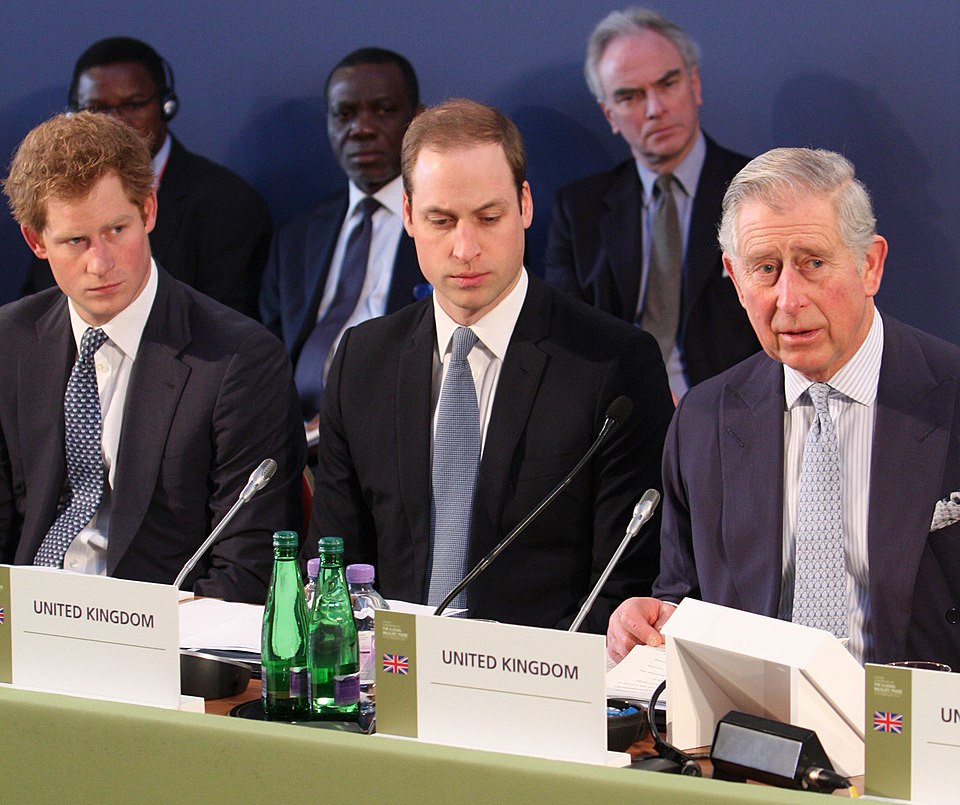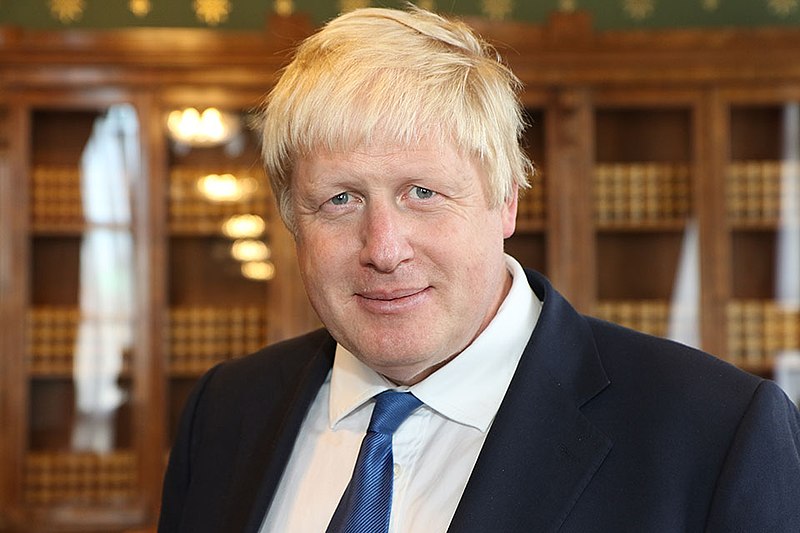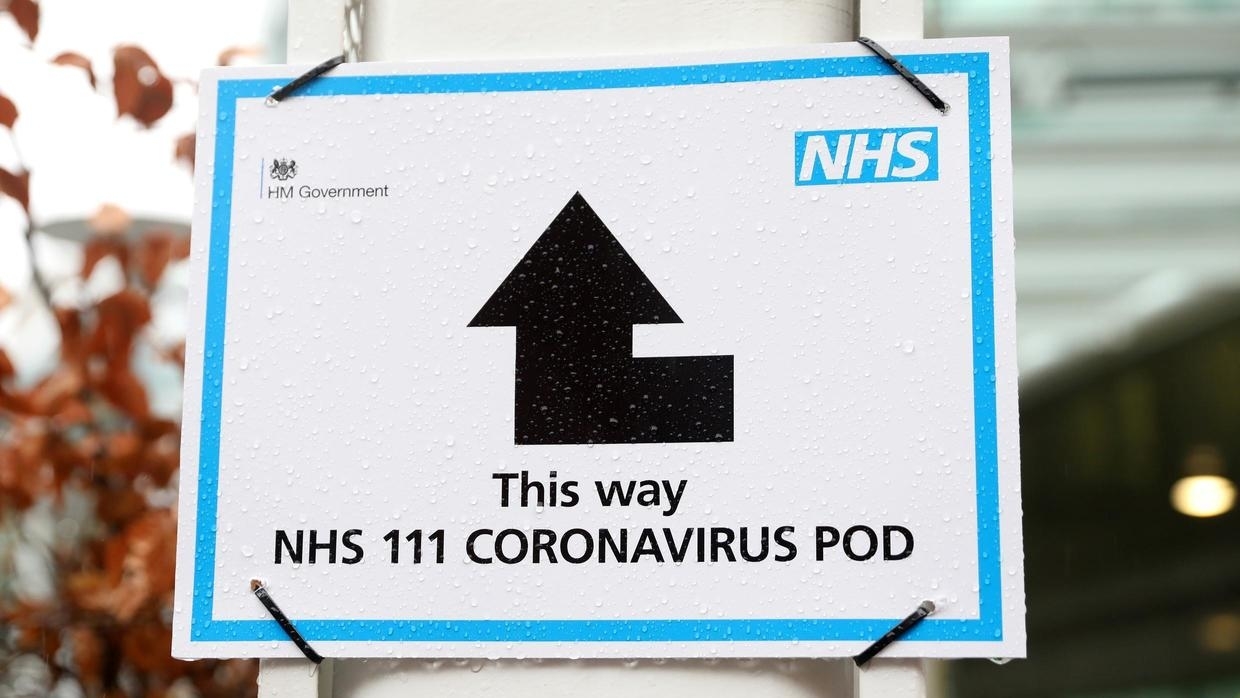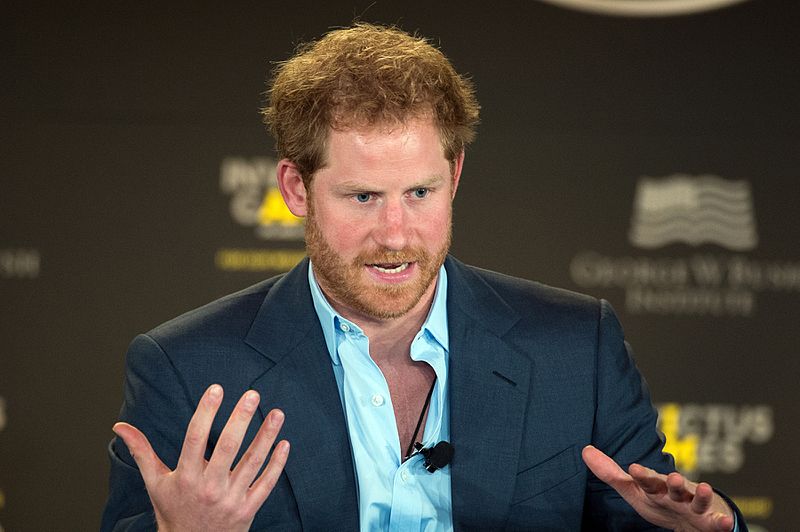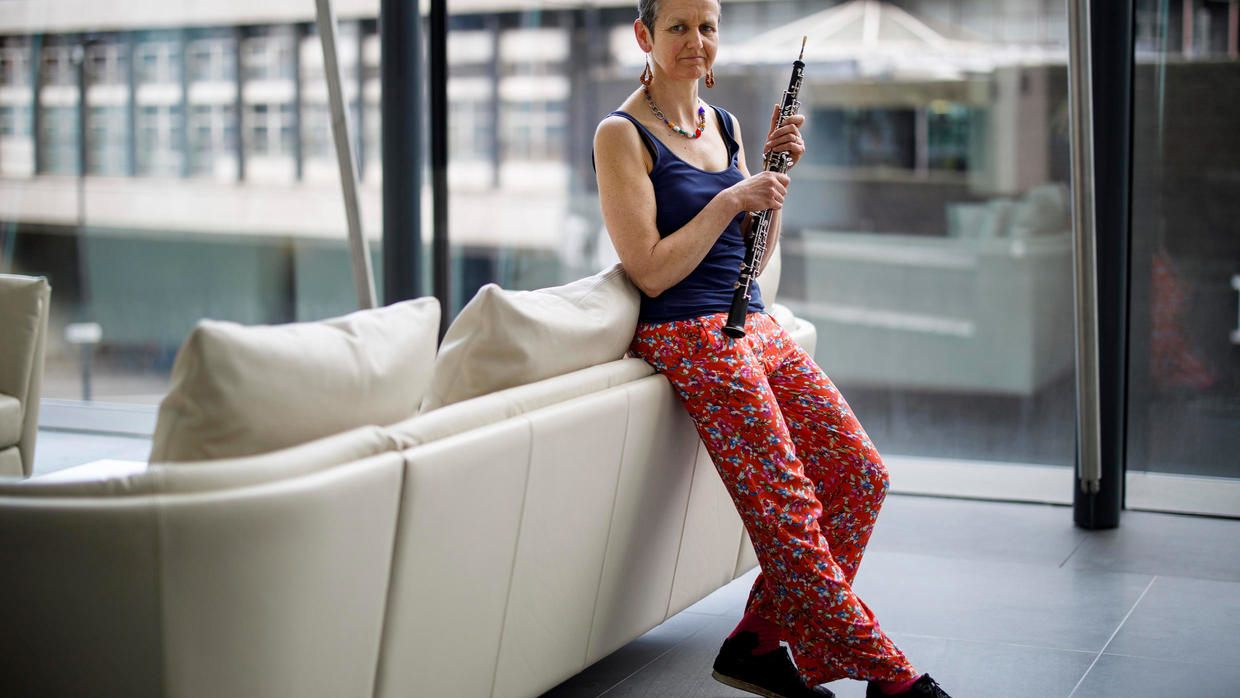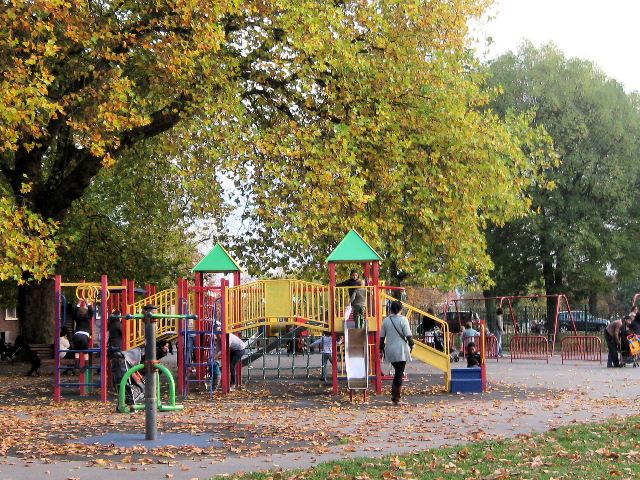
Significant reforms aimed at safeguarding thousands of vulnerable children will take a vital step forward today as the Children’s Wellbeing and Schools Bill undergoes its second reading in
Parliament on Wednesday, 8 January.
These reforms seek to ensure that children not listed in school registers are identified, empower local councils to verify that children are receiving appropriate education, and introduce a unique identifying number for each child. These measures aim to address the alarming issue of children disappearing from the education system, thereby reducing their vulnerability to exploitation, grooming, and abuse.
A recent report from the Child Safeguarding Practice Review Panel highlighted a troubling correlation: children exposed to harm outside their homes were often those not enrolled in school, missing from education, or exhibiting poor attendance. To counter this, the Bill will bolster multi-agency safeguarding frameworks, enabling faster identification and intervention in cases of significant harm. This initiative follows the government’s recent adoption of three key recommendations from the Professor Alexis Jay review to rectify major shortcomings in child safety.
Government data reveals that approximately 111,000 children are currently home-educated, nearly double the 55,000 estimated before the pandemic. Additionally, around 150,000 children were reported as missing from education at some point last year. The Bill introduces robust measures to safeguard home-educated children by enhancing local authority oversight and mandating the formation of multi-agency safeguarding teams to monitor and protect them.
Additional financial relief for families
Beyond safeguarding, the Bill includes provisions to ease financial burdens on families. By capping the number of branded items schools can require in uniforms, parents could save over £50 per child during back-to-school shopping. Furthermore, all primary school parents will gain a legal right to access free breakfast clubs, potentially saving up to £450 annually.
The Children’s Wellbeing and Schools Bill represents a pivotal step in enacting child-centered governance and delivering on the government’s broader Plan for Change.
Statement from the Education Secretary
Education Secretary Bridget Phillipson emphasized the government’s unwavering commitment to child safety:
“Keeping children safe will always be my first duty as education secretary, but we can only truly do that if we know where our children are. The sad reality is that at the moment there are thousands of children hidden from sight.
This government will make no apologies for doing whatever is necessary to keep children out of harm’s way, and I will not stand by while some young people fall through the cracks, left without a good education and vulnerable to exploitation and abuse.
This landmark Bill is a crucial step forward in our mission to protect all children, while also supporting parents by putting more money in their pockets as we deliver our Plan for Change and give all children the best start in life”.
Key measures in the Bill
Key provisions of the Children’s Wellbeing and Schools Bill include:
School Registers: All local councils will be required to maintain a register of children not enrolled in school. Parents and out-of-school education providers must share essential information, such as the child’s name, address, and the nature of the education being provided.
Unique Child Identifier: Similar to a national insurance number, each child will receive a unique identifier to streamline data-sharing across agencies and prevent children from slipping through the cracks. This consistent identifier will facilitate better coordination among safeguarding and welfare services.
Home Education Oversight: Parents will no longer have an automatic right to home-educate if their child is subject to a child protection investigation or under a child protection plan. Schools will be required to consult with local authorities before approving a parent's request to home-educate.
Mandatory School Attendance: Local authorities will have the authority to mandate school attendance if a child’s home environment is deemed unsuitable or unsafe.
Multi-Agency Safeguarding Panels: Every council will be required to operate best-practice safeguarding panels that bring together key professionals to ensure the safety of children both at home and in the community.
Uniform cost reduction
The Bill also introduces a cap on the number of branded items schools can require in uniforms. Primary schools will be limited to a maximum of three branded items, while secondary schools may require an additional item if one of the branded items is a tie.
Current data shows that 24% of primary and 70% of secondary schools require five or more branded items, with some parents reporting as many as ten branded items. Limiting branded items will allow families greater flexibility to purchase from various retailers, potentially saving over £50 per child starting September 2026.
Universal free breakfast clubs
Primary school children will also gain access to free breakfast clubs, with early adopter schemes launching in April 2025. These clubs could save parents up to £450 annually, offering essential support to working families.
Support from advocacy groups
Mark Russell, CEO at The Children’s Society, said:
“The high cost of school uniforms has put an unnecessary financial strain on families for far too long. This is a pivotal moment on an issue we’ve campaigned on for years, and it’s very encouraging to see this progress towards a fairer and more affordable approach.
Schools will play a key role in ensuring these changes deliver for families, and so the new measures should be both practical and effective. Every child deserves to feel equal and included, regardless of their family’s income, and removing the pressure of costly branded uniforms is an essential step in making that a reality.
We’ll continue to push for reforms that put children and families first, so no child feels left out or disadvantaged because of the cost of their uniform”.
Sir David Holmes CBE, Chief Executive of Family Action said:
“It is great to see the Children’s Wellbeing and Schools Bill continuing its passage through Parliament. Second Reading stage provides a crucial opportunity for Parliamentarians and for everyone else who is interested in children’s wellbeing to scrutinise further this new and important draft legislation.
We particularly welcome the proposals to introduce a unique identifier number for children across services, registers to identify children who are not in school and of course the provisions which will introduce universal free breakfast clubs in state-funded primary schools”. Photo by Chris Reynolds, Wikimedia commons.



